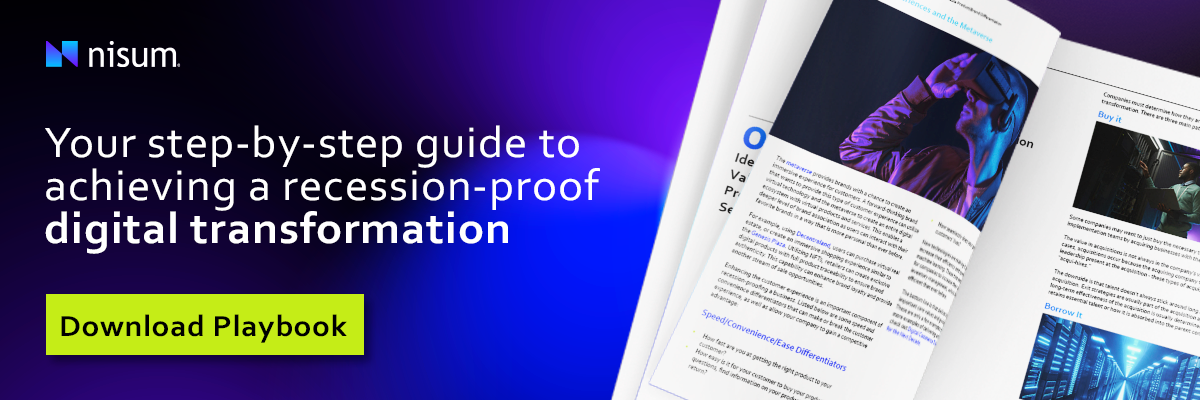
Cloud storage is fast becoming the standard for enterprises as companies are embracing the benefits of cloud computing. Gartner data predicts that by 2022, 75% of all databases will be deployed or migrated to a cloud platform.
New companies find that it is economical and efficient to start with cloud-based storage while established enterprises are moving all or part of their data to cloud platforms for similar reasons. Here are some reasons why your company is better off switching from traditional server storage to cloud platforms.
1. Cost-Efficient and Easily Scalable
To establish an in-house data center, a company incurs a high cost of initial infrastructure as well as operating expenses for maintenance and personnel. These costs are not immediately justified by the returns at this early stage of business. Cloud Database changes this by converting the capital expenditure to more manageable operating costs. The pay-as-you-go model allows an enterprise to reduce overhead since the enterprise pays for only the space it uses, and the costs such as maintenance, software, and licensing are overseen by your service provider.
Cloud database storage allows for scalability and makes it easier for businesses to enter new markets and scale up or down without huge cost burdens. As an enterprise receives more traffic and needs more data space during peak hours or unexpected times, it can easily upgrade through its cloud storage provider within minutes, whereas traditional systems would require hardware upgrades that could take weeks. Cloud platforms allow clients to scale down when they are in off-peak periods, thereby saving costs. Furthermore, it is easier to expand geographically when operating cloud-based database storage which does not require the purchase and set up of new data infrastructure in your new location.
2. Empowers Distributed Teams and Takes the Burden Off IT
With a cloud database set-up, team members working from remote locations can conveniently access company data through the internet to perform their tasks. Another benefit is access to cloud-based applications such as instant messaging and file transfer with colleagues to improve workflow.
IT specialists at the cloud database data centers perform routine server maintenance and troubleshooting, allowing the IT personnel within a company to focus on more enterprise-specific activities.
3. Makes Applications Modernized and Easily Accessible Creating Omnichannel Experiences
There are many cloud-based applications that businesses can enjoy when data is hosted on a cloud platform. It is easier to plug into these services through a cloud data platform.
Leveraging the capabilities of cloud computing digital commerce companies can create a unified, integrated, omnichannel experience for the customers. Stanford data shows this can facilitate a competitive edge for digital commerce businesses by allowing customers to use multiple devices to complete transactions.
4. Enhances Analytics Capabilities
One of the leading business purposes for migrating databases to the cloud, according to the Dzone report, is enhancing analytics capabilities such as data warehousing and data lakes and even laying the groundwork for advanced analytics such as AI and ML. Data modernization is the first step to start scalable analytics capabilities. Migrating to the cloud from on-premise servers will save you time taking the burden of speed and delivery issues. Cloud computing empowers businesses with real-time data availability. It also allows businesses to visualize the data and give access to everyone for better decision making. Businesses will be able to reach the data and report it faster and it allows teams to collaborate. Your business can benefit from readily available data and analytics services easily. With little to no investment, you can use high-end data models developed by experts.
5. Hybrid Cloud Strategy Can Provide Improved Security
While concerns such as the security and privacy of data in the cloud will come up from time to time, the benefits and improvements in cloud data storage services ensure this practice will only continue to grow and improve. In addition, there are hybrid cloud and multi-cloud options for enterprises that are more concerned about security and privacy. According to the Forrester report, improved data management and stronger security are some of the top reasons for organizations to use a hybrid cloud.
How Nisum Can Help
Regardless if you are a small or large company, or whether you choose private, public, or hybrid cloud - you will benefit in transitioning from on-premise to the cloud as it is more cost-efficient, scalable, accessible, and reliable.
At Nisum we help companies achieve digital transformation by assessing clients for cloud readiness. We partner with clients in modernizing applications and defining a migration strategy to run on a cloud platform. If you need any help to accelerate your cloud migration, contact us.




